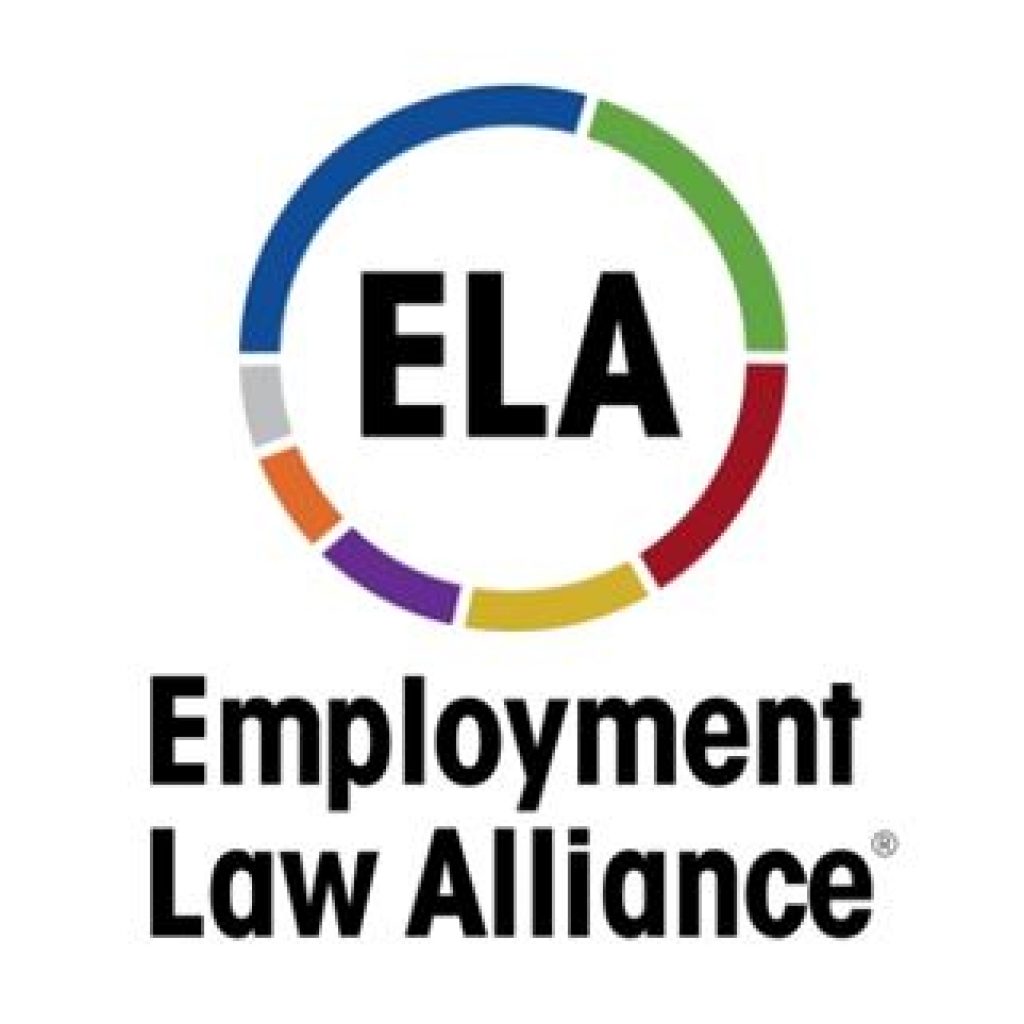TOP TIP: Shawe Rosenthal Exclusive – More from the DLLR on Earned Sick and Safe Leave
As you may know, Shawe Rosenthal has been closely monitoring the implementation of Maryland’s Healthy Working Families Act, which requires employers to provide earned sick and safe leave (SSL). Maryland’s Department of Labor, Licensing & Regulation has been issuing some guidance and FAQs on their website, but there are still many questions. Our firm developed a long list of such questions, to which the DLLR has responded and which we would like to share with you. Some particularly notable points from the DLLR’s responses include the following:
- The law provides that an employer is not required to modify an “existing paid leave policy” that permits an employee to accrue and use leave under terms and conditions equivalent to the law. The DLLR states that if such an existing policy contains notice requirements that are more onerous than the law’s provisions (e.g. 14 days advance notice for scheduled SSL, rather than the statutory 7 days), those requirements violate the law because they may interfere with the employee’s use of SSL. (Q&A No. 6c)
- The law contains an exemption for employees who work on an “as needed” basis in the health and human services industry, as long as (1) they can accept or reject the shift,” (2) they are not guaranteed to be called on to work, and (3) they are not employed by a temporary staffing agency. According to the DLLR, employees who must work a certain number of shifts in a certain period of time (e.g. 1 shift a month) are “guaranteed” to be called into work and therefore do not meet the statutory exemption. (Q&A No. 8)
- Under the law, an employer can deny SSL if notice is not provided and the absence will cause a “disruption to the employer.” According to the DLLR, a “disruption” is more than a minor inconvenience. (Q&A No. 16)
- In providing the required statement of available SSL with each paycheck, if an employer has clearly communicated in writing to employees that it will refer to SSL as “PTO,” it could reference “PTO” rather than (Q&A No. 18) Note, however, that if only a portion of PTO is allocated towards SSL, this may not be acceptable.
- The DLLR suggests that if requested verification is not provided, the employer cannot deny SSL for that instance even though it could deny it for future requests for the same reason. (Q&A No. 22)
- The DLLR says that employers may require employees to use available SSL if they are absent for an SSL reason, even if the employee would prefer not to do so. (Q&A No. 23)
- The DLLR says that an employer may have a neutral policy that is uniformly enforced, such as a requirement that an employee work the day before a holiday in order to be paid for the holiday. (Q&A No. 25)
Also of note, a colleague at another organization asked the DLLR about the situation where an employee does not have enough SSL to cover a full day absence, and received the following response: “If the employee does not have sufficient SSL to cover the absence, the employer can use their attendance management procedures for the time not covered by SSL hours.” In other words, the employer may count the unprotected portion of the absence as an occurrence under the attendance policy, for which discipline may be imposed.







